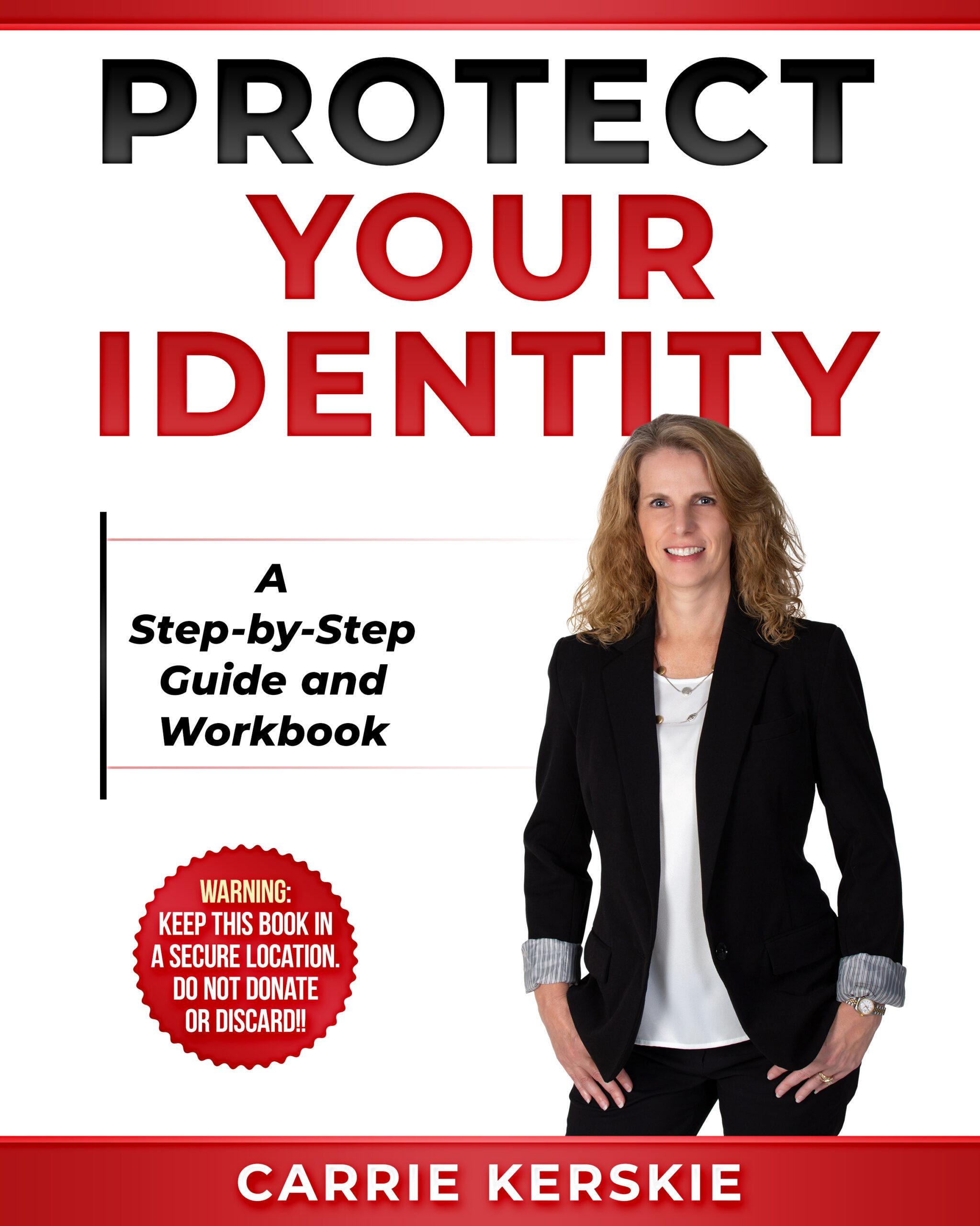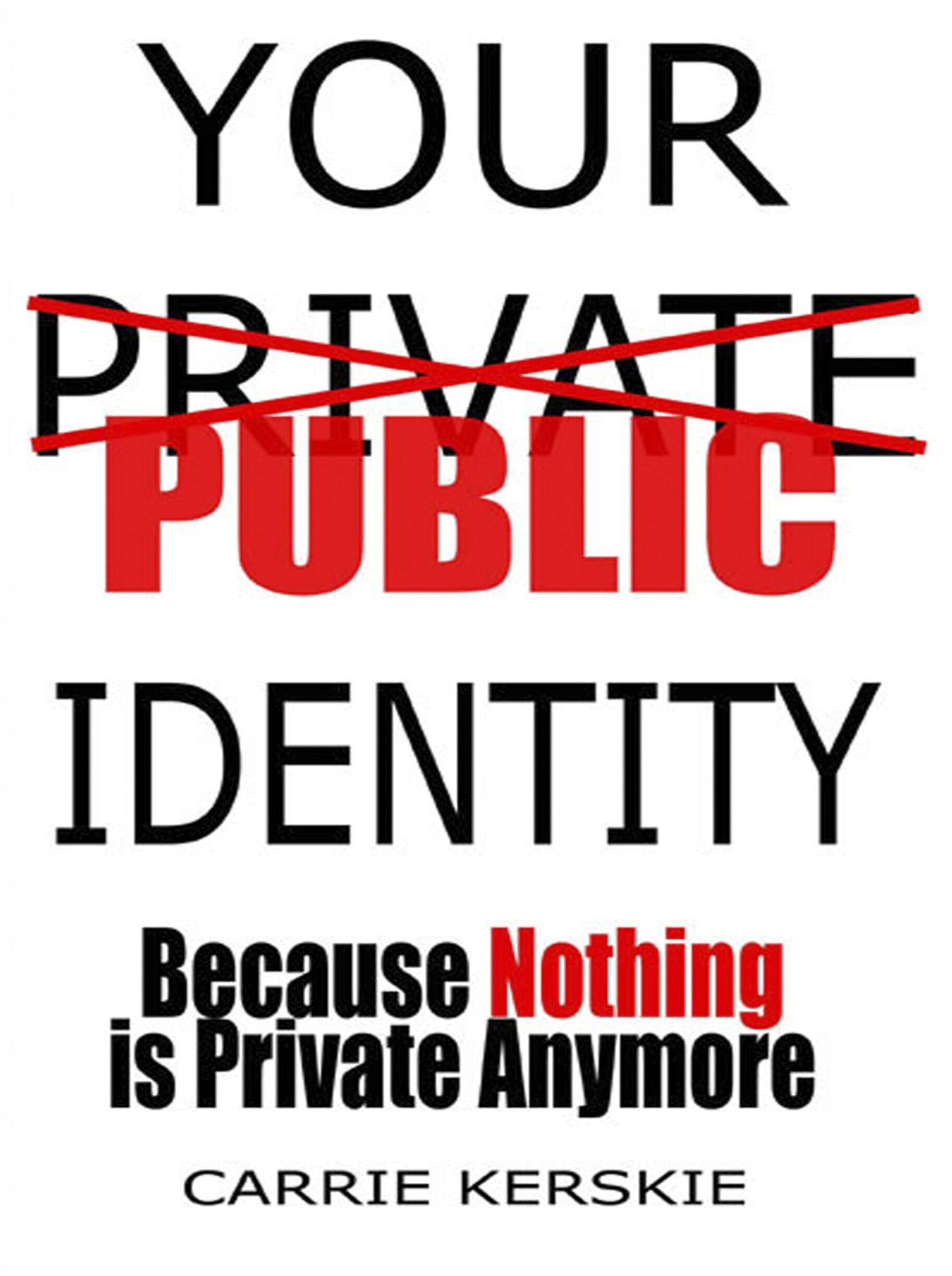Credit and debit cards are convenient. Simply swipe or insert the card or card number and the transaction is completed. You might assume that since they are used in the same manner that your liability and protection from fraud would be the same. Not necessarily. To help you identify the differences let’s examine the laws in place regarding fraudulent transactions.
Debit Card Liability
The Electronic Funds Transfer Act, EFTA, protects you from fraudulent activity in a bank account. To avoid liability, the disputed transaction must be reported, in writing, to the financial institution within 30-60 days from the receipt of the statement containing the disputed transaction. The amount of time to report a discrepancy may vary by financial institution. Contact your financial institution to determine the required amount of time to report disputed transactions. If the fraudulent transactions are not reported in the time required you may be liable for the full amount. If you debit card or ATM card is lost or stolen, your financial liability is determined by the number of days it took for you to report it to the financial institution.
- If reported within two days the liability is limited to $50.
- If reported within 60 days the liability is limited to $500.
- If reported after 60 days the liability is unlimited.
Credit Cards Liability
The Fair Credit Billing Act, FCBA, requires you to report transaction discrepancies in writing within 60 days after the first bill containing the transaction. To avoid or limit your financial liability for the disputed transaction, the creditor must receive your dispute letter before the 60th day. In the event your credit card is lost or stolen your maximum liability for fraudulent transactions is $50. However, if you report the card lost or stolen prior to the card being used for fraud the financial liability for the disputed transaction is reduced to zero. If you are in physical possession of your credit card and the card number was used for fraud, you will not be financially liable for the charges.
So far it appears that you are protected against fraudulent transactions regardless of if you are using a debit card or credit card. However, there are differences in liability between credit and debit cards if the card is lost or stolen.
Whose Money is at Risk
As long as the fraudulent transactions are reported within the required amount of time, regardless of if you used a debit card or credit card, you will be made whole. But the process can take time. During this time, would you prefer that the dollar amount of the fraudulent transaction be deducted from your bank account or have a new liability created for you to repay? When you use a debit card the funds are deducted from your bank account. When you use a credit card a liability is created for you to repay. The main difference between using a debit card and a credit card is this; whose money would you prefer to have stolen, yours or the creditors? Remember, using a debit card as a credit card does not make a difference. The funds are still withdrawn from your bank account.
Ultimately the decision to use a debit card or a credit card is up to you. Just remember that when they are used for fraudulent transactions, your liability may differ. Your best defense is to monitor your statements and accounts diligently. Detect and reporting fraudulent transactions earlier can greatly reduce your financial liability.
Bonus Tip One
Is a prepaid card safer to use online? No. A prepaid card may not have the same protections as a debit or credit card. If the funds on the prepaid card are stolen, the money could be gone for good. I recommend using a credit card for online transactions.
Bonus Tip Two
Do you auto-pay your bills using your credit card? If so, get two credit cards – one for auto-pays only and another for paying in person (gas station, restaurant, etc) and online purchases. By have one card used exclusively for auto-pays, you minimize the risk of the credit card information becoming compromised. Shopping online and using the credit card for in-person transactions increases your risk of exposure by a skimmer or a data breach.
Make sure you keep a list of which accounts are paid using the credit card. In the event the card information is compromised, you have a quick reference to help you know where you need to update your auto-pay credit card information.


